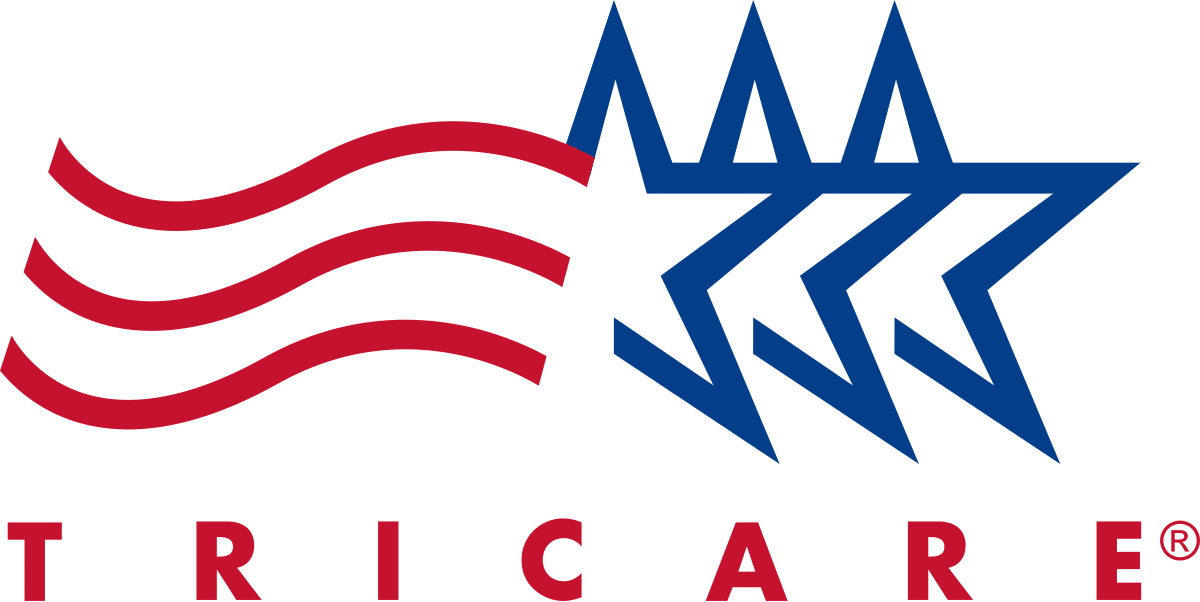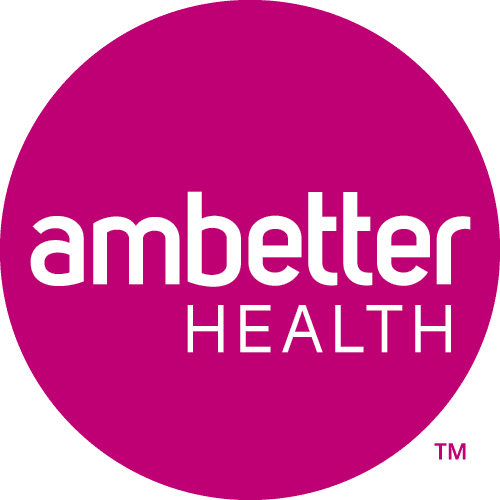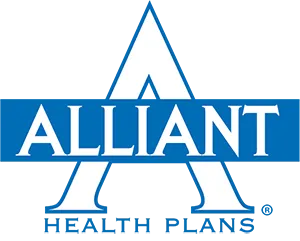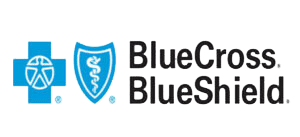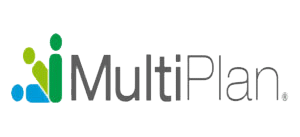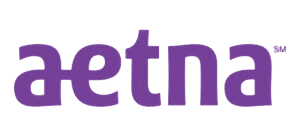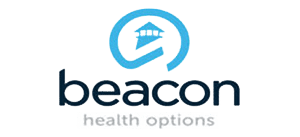Family Therapy in Rome, Georgia
Family Therapy in Rome, Georgia

Many options exist for families seeking therapy. Fairland Recovery Center’s family therapy in Rome, GA, can help improve communication, resolve conflicts, and strengthen relationships between family members.
These family counseling services are offered by trained therapists who work with families to address a wide range of issues.
Family counseling can be helpful for many different situations. It can help families cope with significant life changes, deal with behavioral problems in children, or work through conflicts between parents and teens.
Fairland Recovery Center has therapists specializing in various family dynamics and mental health aspects.
We offer family therapy and assessments for learning disabilities. Our sessions are tailored to each family’s unique needs and goals.
Understanding Family Therapy
Family therapy in Rome, GA, helps families work through challenges together. It focuses on improving communication and relationships between family members. This type of counseling can lead to positive changes for the whole family unit.
The Basics of Family Systems
Family systems theory views families as interconnected units. Each person’s actions affect the others. A licensed professional counselor (LPC) looks at patterns of interaction, not just individual behaviors.
Family roles, rules, and dynamics shape how members relate. Therapists help families see these patterns and guide them to make positive changes for their well-being.
Communication is key in family systems. Our clinicians teach skills like active listening and help families express themselves healthily.
Family therapy often involves all members. But sometimes only part of the family attends. The goal is to improve how the family functions as a whole.
Benefits of Family Counseling Services in Rome, GA
Family counseling can strengthen bonds between members. It gives families tools to solve problems together, leading to better understanding and closeness.
Some key benefits include:
- Improved communication
- Conflict resolution skills
- Greater empathy for each other
- Clearer family roles and boundaries
- Stronger family unity
- Anger management skills
Family therapy helps with many issues. It can ease tension from divorce or blending families. It also helps families cope with illness or loss.
Counseling gives families a safe space to talk. Members learn to share openly. This helps build trust and support.
Common Challenges Addressed
Licensed therapists help with many types of struggles. Some common issues include:
- Behavioral problems in children
- Substance abuse
- Mental health concerns
- Marital conflicts
- Parent-child relationship issues
- Post-traumatic stress disorder (PTSD)
Family therapists work with families to address these challenges. They use proven methods to improve family life.
Therapy can help families navigate changes like moving, job loss, or a new baby. It gives families skills to adapt together.
Family counseling also addresses communication breakdowns. It helps families who feel stuck in negative patterns. The therapist guides them to more positive ways of interacting.
Specialized Therapeutic Approaches
Family therapists use various methods to help families heal and allow personal growth. These approaches target different aspects of family dynamics and individual needs.
Cognitive Behavioral Therapy in Family Context
Cognitive Behavioral Therapy (CBT) is a powerful psychotherapy tool in family therapy. It helps family members identify and change negative thought patterns and behaviors. CBT in families focuses on the following:
- Improving communication skills
- Resolving conflicts
- Building problem-solving abilities
Therapists guide families to recognize how their thoughts affect their actions and relationships. They teach coping strategies for stress and anxiety. CBT can help with issues like:
- Parenting challenges
- Sibling rivalry
- Marital conflicts
Families learn to support each other’s growth and create a more positive home environment.
EMDR for Trauma within Families
Eye Movement Desensitization and Reprocessing (EMDR) helps address trauma in family settings. This method helps process distressing memories and reduce their impact on family dynamics.
EMDR can benefit families dealing with:
- Past abuse or neglect
- Loss of a family member
- Accidents or natural disasters
The therapy involves bilateral stimulation, often through eye movements. This helps the brain process traumatic memories. Family members can heal individually and collectively.
EMDR in family therapy can improve:
- Emotional regulation
- Trust and attachment
- Overall family functioning
Play Therapy and Child Development
Play therapy is a key approach for families with young children. It uses play to communicate with kids and address their needs. This method is based on the idea that play is a child’s natural expression.
Play therapy can help with:
- Behavioral problems
- Emotional difficulties
- Social skills development
Therapists use toys, art, and games to help children express their feelings. Parents often participate, learning to better understand their child’s world.
Benefits of play therapy in family settings include:
- Improved parent-child relationships
- Enhanced problem-solving skills
- Better emotional expression for children
This approach supports healthy child development within the family context.
Navigating Life Transitions and Loss
Life changes and loss can be difficult. Family therapy helps people cope with tough times, builds strength, and teaches ways to handle stress.
Guidance through Grief and Loss
Grief and loss are painful parts of life. Family counseling offers support for those dealing with loss. Therapists help people work through their feelings after losing a loved one.
Therapists create a safe space for clients to express emotions. Clients learn it’s okay to feel sad, angry, or confused. Therapists also teach healthy ways to grieve.
Family therapy can also help with other types of loss, such as job loss, divorce, or moving away from home. The goal is to help people accept change and find meaning again.
Support for Life Transitions
Life transitions are big changes that can cause stress. These might be starting college, getting married, or having a baby. We help people adjust to new life stages.
Our marriage & family therapists teach skills to handle change better. This may include:
- Setting realistic goals
- Making plans to reach those goals
- Finding support from family and friends
Therapy can also help with work changes or retirement. The aim is to make transitions smoother and less stressful.
Building Resilience and Coping Skills
Resilience is the ability to bounce back from hard times. Family therapy helps build this critical skill. Therapists teach ways to handle stress and solve problems.
Some coping skills they might teach are:
- Deep breathing
- Positive self-talk
- Regular exercise
- Healthy sleep habits
These skills help people face future challenges. Our therapists work with clients to find what works best for them, to help people feel stronger and more confident.
Professional Resources in Rome, GA
The state of Georgia offers Rome residents a variety of mental health resources for families seeking therapy. Several qualified professionals and counseling centers provide services to address different needs.
Family Counseling Services Offered in Rome
Fairland Recovery Center’s assistance with life challenges includes marriage and family therapy, individual counseling, and adolescent support. We can also offer specialized care for specific issues like anxiety, depression, or relationship problems.
Our counselors are adept at addressing a range of mental health concerns.
Finding the Right Therapist
When searching for a therapist in Rome, it’s essential to consider their qualifications and areas of expertise. Licensed Professional Counselors, Licensed Marriage and Family Therapists (LMFT), and Licensed Clinical Social Workers (LMSWs) are common types of mental health professionals in the area.
National Certified Counselors (NCC) have different specialties. They may use a combination of cognitive behavioral therapy and humanistic approaches, which can be helpful for those seeking evidence-based and empathetic treatment.
We offer initial consultations to help determine if we’re a good fit for a client’s needs.
Considerations for Diverse Therapy Needs
Family therapy addresses a range of issues. These include relationship problems, mental health concerns, and substance use. Therapists use different methods to help families heal and grow stronger.
Handling Relationship Challenges
Family therapists help couples and families work through conflicts. They teach skills to improve communication and build trust. Some use Trust-Based Relational Intervention to strengthen bonds.
Therapists may focus on specific issues like:
- Improving parent-child relationships
- Resolving conflicts between partners
- Dealing with divorce or separation
- Helping blended families adjust
They might use role-playing exercises or homework tasks. These help family members practice new ways of talking and listening to each other.
Therapies for ADD/ADHD and Self-Esteem
Many families seek help for ADHD and self-esteem issues. Therapists use various techniques to address these concerns.
For ADHD, they might:
- Teach organization skills
- Help create routines at home
- Work with schools to support the child
To boost self-esteem, therapists may:
- Use cognitive-behavioral therapy
- Encourage positive self-talk
- Help set achievable goals
Some therapists use Internal Family Systems therapy. This method helps people understand different parts of themselves. It can improve self-image and reduce negative thoughts.
Approaches to Substance Abuse and Addictions
Behavioral health programs offer help for substance abuse and addictions. Family therapy plays a big role in recovery.
Therapists might:
- Educate families about addiction
- Teach coping skills for stress
- Help rebuild trust in relationships
They often use a mix of individual and group sessions. This helps both the person with addiction and their loved ones.
Family therapy can also address the following:
- Co-occurring mental health issues
- Triggers and high-risk situations
- Building a support network
Therapists may collaborate with other professionals, such as doctors or support groups. This team approach gives families the best chance for long-term recovery.
Bring Your Family Back Together
Take the first step towards stronger family relationships today! With years of experience serving the Rome and greater Atlanta area, Fairland Recovery Center welcomes new clients seeking comprehensive family therapy.
We offer in-person sessions and create personalized treatment plans that address your family’s unique needs. As proud members of the Floyd medical community, we understand local families’ needs and challenges.
We accept major insurance providers, including Aetna and Cigna, making quality care accessible and affordable.
Don’t wait to build the stronger, healthier family relationships you deserve – call us today at 770-797-7652 to schedule your initial consultation and start your family’s healing journey.
Fairland Recovery Center Services
-
Life Coaching in Rome, GA
-
Acceptance & Commitment (ACT) Therapy in Rome, Georgia
-
Motivational Interviewing (MI) Therapy in Rome, GA
-
Solution-Focused Brief Therapy in Rome, Georgia
-
Rational Emotive Behavior Therapy in Rome, GA
-
Relapse Prevention in Rome, Georgia
-
Holistic Drug Rehab in Rome, Georgia
-
Group Therapy in Rome, Georgia
-
Family Therapy in Rome, Georgia
-
EMDR Therapy in Rome, Georgia
-
Dialectical Behavioral (DBT) Therapy in Rome, Georgia
-
Cognitive Behavioral (CBT) Therapy in Rome, Georgia
-
NA & AA 12-Step Facilitation Groups in Rome, GA
-
Accelerated Resolution (ART) Therapy in Rome, GA
Find Help Now
We accept most major insurances
